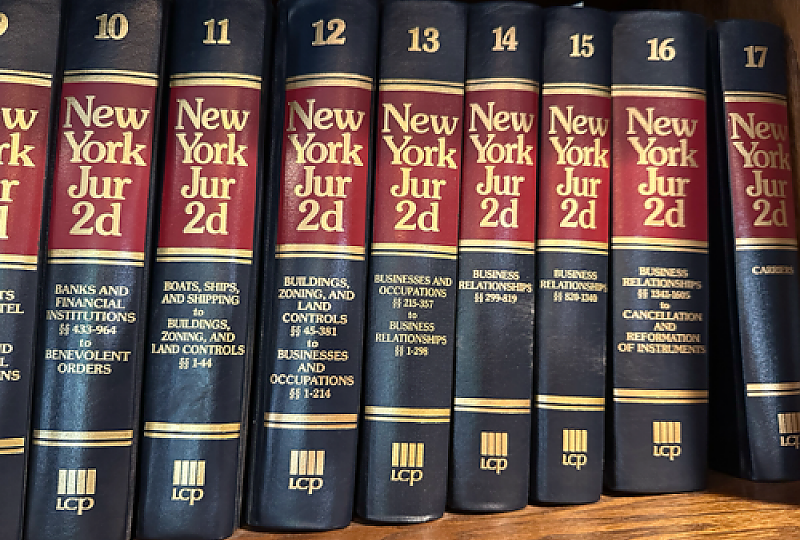5 of the Top Mistakes in Estate Planning and Probate: Navigating Common Pitfalls

Estate planning and probate are critical aspects of managing your legacy and ensuring that your assets are distributed according to your wishes after your passing. However, many individuals inadvertently make mistakes that can complicate the process, leading to unnecessary stress and financial strain for their loved ones. At Klafehn, Heise & Johnson P.L.L.C., we frequently encounter and help clients avoid these common pitfalls. Here are five of the top mistakes people make in estate planning and probate, and how to steer clear of them.
1. Not Having an Estate Plan
One of the most significant mistakes is not having an estate plan at all. Many people assume that estate planning is only for the wealthy or elderly. However, without a plan, state laws will determine how your assets are distributed, which may not reflect your personal wishes or the best interests of your beneficiaries.
How to Avoid: Regardless of your age or wealth, it’s essential to have a basic estate plan. This should include at least a will, and potentially trusts, a power of attorney, and a health care proxy, depending on your situation.
2. Failing to Update Your Estate Plan
An outdated estate plan can be as problematic as having no plan at all. Life changes such as marriage, divorce, the birth of children, or significant changes in your financial situation necessitate updates to your estate plan.
How to Avoid: Regularly review and update your estate plan to reflect your current situation and wishes. It’s generally recommended to review your plan every three to five years or after any major life or financial event.
3. Overlooking the Importance of a Living Will and Health Care Proxy
Many people focus solely on the financial aspects of estate planning and neglect healthcare directives. A living will and health care proxy are crucial for outlining your wishes regarding medical treatment and appointing someone to make healthcare decisions on your behalf if you are unable to do so.
How to Avoid: Ensure your estate plan includes a living will and a health care proxy. These documents are vital for making your medical wishes known and ensuring they are respected.
4. Misunderstanding the Probate Process
Misunderstandings about the probate process can lead to poor estate planning decisions. Some may underestimate or overestimate the time, cost, and public nature of probate, while others might not realize that certain assets (like those in a trust, or that have joint owners or beneficiary designations) can bypass the probate process entirely.
How to Avoid: Educate yourself about the probate process in your state and how it affects your estate. Consider strategies, such as creating trusts, beneficiary designations or joint ownership, to help your assets avoid probate and pass directly to your beneficiaries.
5. Trying to Handle Estate Planning and Probate Without Professional Help
Estate planning and probate can be complex, with various legal and tax implications. Attempting to handle these processes without professional guidance can lead to errors and oversights.
How to Avoid: Seek assistance from an experienced estate planning attorney who can help you navigate the legal complexities, tailor a plan to your specific needs, and ensure that your estate is handled correctly.
In Conclusion
Effective estate planning and a smooth probate process are integral to managing your legacy and protecting your loved ones’ future. By avoiding these common mistakes, you can ensure that your estate is handled according to your wishes. If you need guidance in estate planning or probate, contact Klafehn, Heise & Johnson P.L.L.C. for personalized and professional assistance.
Legal Disclaimer: This article provides general information about common mistakes in estate planning and probate and is not intended as legal advice. Estate planning laws vary by location and individual circumstances. For specific legal advice on estate planning and probate, consult with the professionals at Klafehn, Heise & Johnson P.L.L.C. Portions of this content are considered ATTORNEY ADVERTISING under New York State Unified Court System Rules of Professional Conduct (22 NYCRR Part 1200). Past results do not guarantee a similar outcome.
‹ Back













